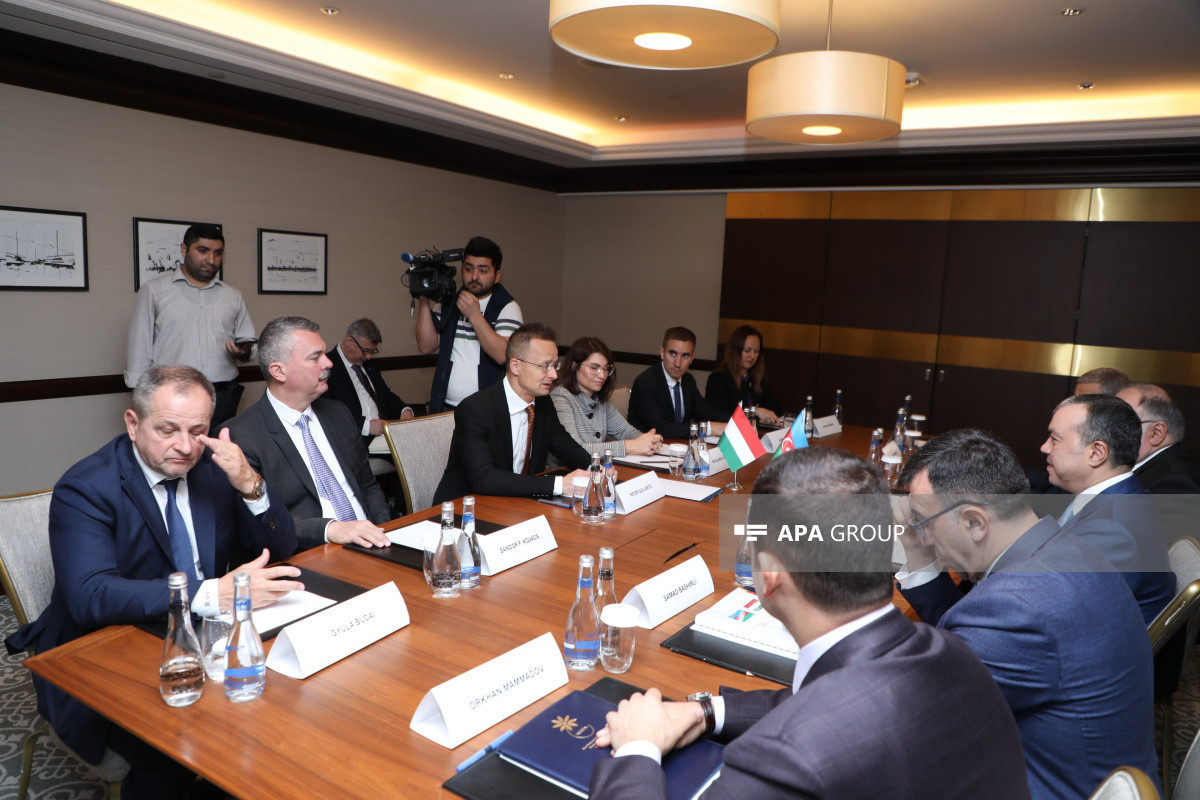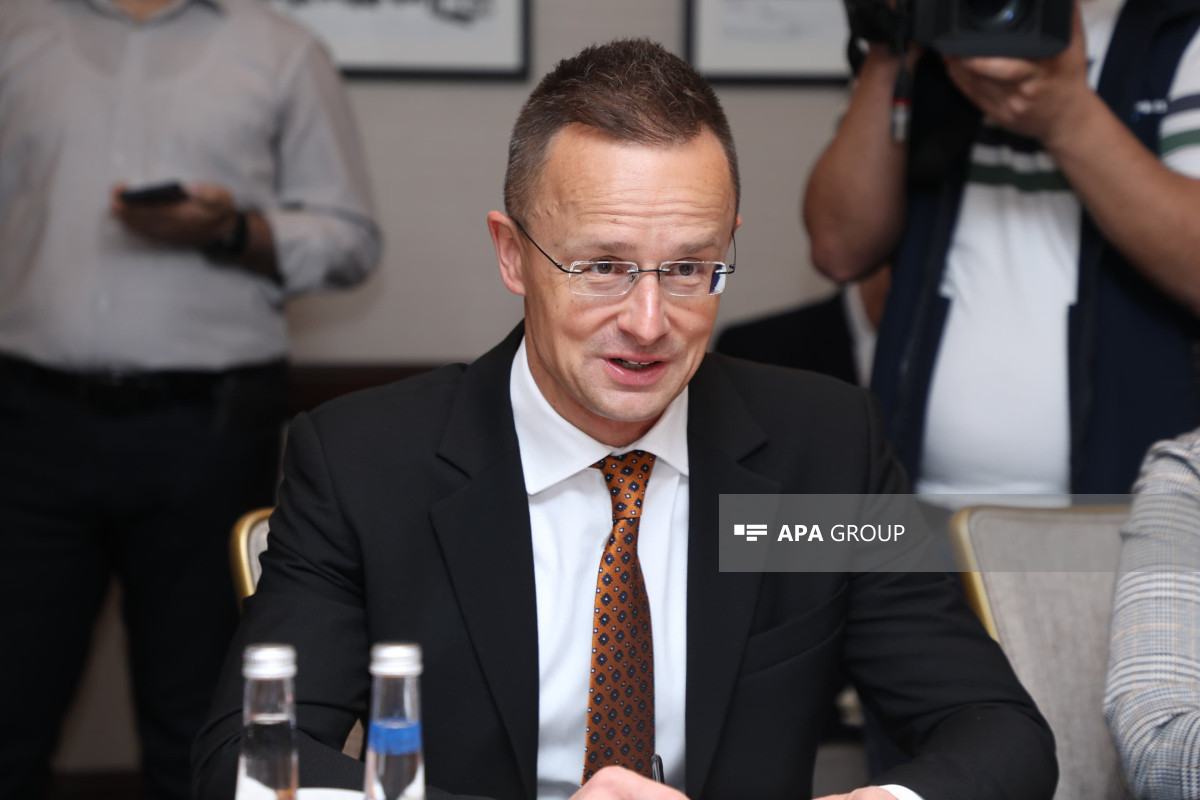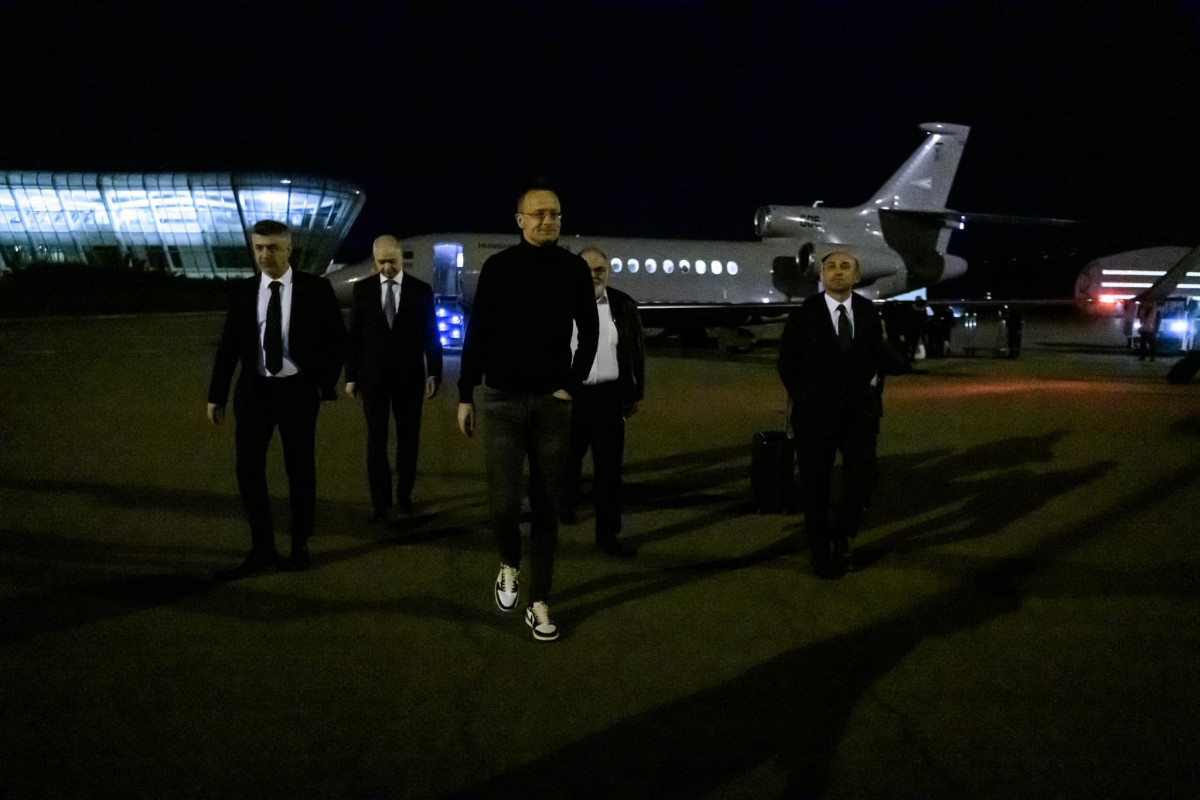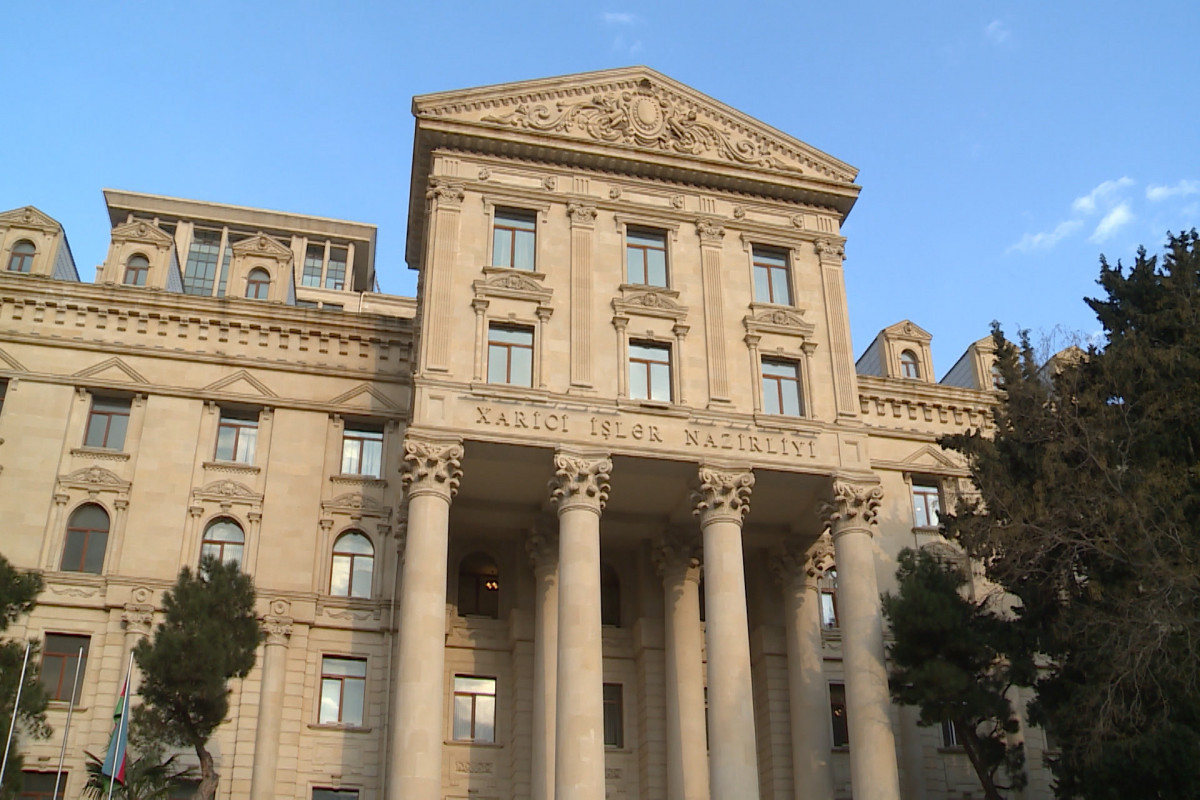“In 1993, the Security Council unanimously adopted four resolutions (822, 853, 874 and 884), condemning the occupation of the territories of Azerbaijan, reaffirming respect for its sovereignty and territorial integrity, the inviolability of international borders and the inadmissibility of the use of force for the acquisition of territory. The Security Council reconfirmed that the Nagorno-Karabakh region is an integral part of Azerbaijan and demanded an immediate, complete and unconditional withdrawal of the occupying forces from the all occupied territories,” Hikmat Hajiyev, spokesperson for the Foreign Ministry of Azerbaijan, told APA as he was commenting on the statements made by Russian Foreign Minister Sergey Lavrov and UN Secretary-General António Guterres about the UN Security Council resolution concerning the Armenia-Azerbaijan Nagorno-Karabakh Conflict.
Hajiyev noted that in the Resolution 873(1993) the Council welcomed and commended the "Adjusted timetable of urgent steps to implement Security Council resolutions 822 (1993) and 853 (1993)" set out on 28 September 1993 at the meeting of the OSCE (then the Conference - CSCE) Minsk Group and submitted to the parties concerned by the Chairman of the Group with the full support of nine other members of the Group. Adjusted timetable prepared under the mandate of resolution 853(1993) envisaged withdrawal of armed forces of Armenia within concrete timeframe from the occupied territories of Azerbaijan.
“The Security Council also tasked the OSCE to ensure, in performing its mediation efforts towards the settlement of the conflict, the implementation of the resolutions.
In the final paragraph resolution 884 UNSC reiterates its request that the Secretary-General, the Chairman-in-Office of the CSCE and the Chairman of the CSCE Minsk Conference continue to report to the Council on the progress of the Minsk process and on all aspects of the situation on the ground, in particular on the implementation of its relevant resolutions, and on present and future cooperation between the CSCE and the United Nations in this regard.
OSCE Budapest document of 1995 on mandate of OSCE Minsk Group Co-Chairs also confirms that the mandate of Co-Chairs is based on the principles of international law, the Helsinki Final Act and UNSC resolutions,” he said.
According to Hajiyev, the UN Secretary General in the Press release SG/SM/5460 dated 31 October 1944 made it crystal clear that “the position of the United Nations is based on four principles which have been mentioned in the different resolutions of the Security Council. The First principle is the territorial integrity of Azerbaijan; the second principle is the inviolability of the international boundaries; the third principle is the inadmissibility of the use of force for the acquisition of territory; and the fourth principle is the immediate and unconditional withdrawal of all foreign troops from occupied territories of Azerbaijan”
“It is apparently clear from the language of UNSCR that they do not have time limits unless their demands are implemented and they have absolutely clear approach with regard to settlement of Armenia-Azerbaijan Nagorno-Karabakh conflict. UNSCR constitute the political-legal, including humanitarian framework of the settlement of conflict.
Taking into account the UNSCR and the fact that Co-chair countries are also permanent members of UNSC, we do urge OSCE MG Co-Chair countries to redouble their efforts for implementation the demands of UNSCR on Armenia-Azerbaijan Nagorno-Karabah conflict,” said Hajiyev.
It should be noted that in response to a question about the UN Security Council resolutions still remaining unfulfilled and how the UN reforms can help these decisions, Secretary-General António Guterres said at a press conference with Russian Foreign Minister Sergey Lavrov that the reforms carried out in the UN have more to do with the structure of the secretariat, and that it is not related to the work of the sovereign bodies of the United Nations.
In his turn, Russian FM Sergey Lavrov said that the UN Security Council’s resolutions on the Nagorno-Karabakh conflict were passed in the period of hostilities, and these resolutions made it possible to stop the bloody events and shift to political dialogue
He added that afterwards the Minsk Group was set up, and the decision was reached to liberate the territories and to reach a political resolution by determining the final status of Nagorno-Karabakh.






